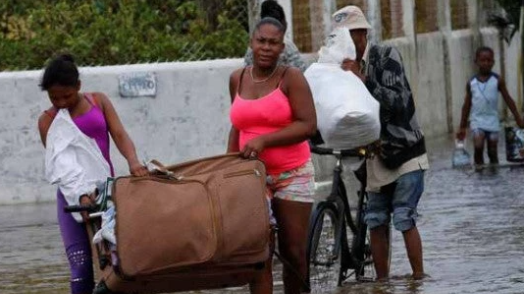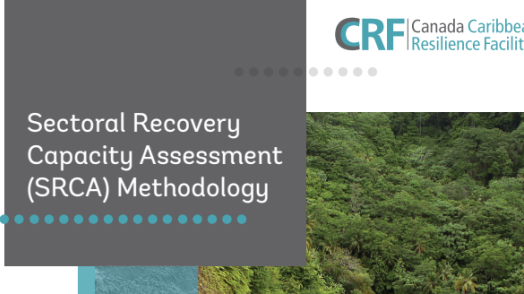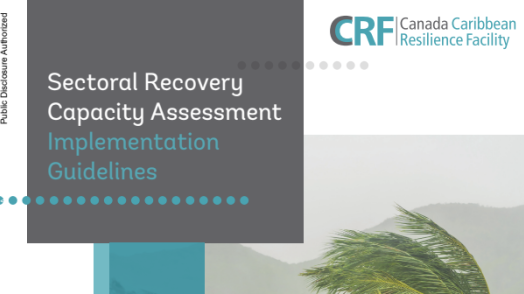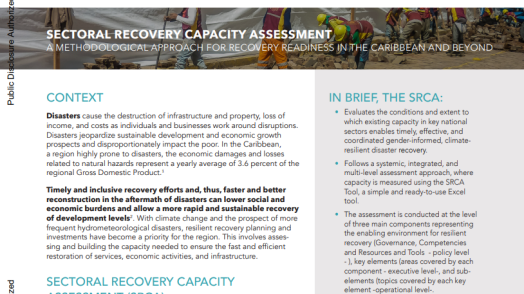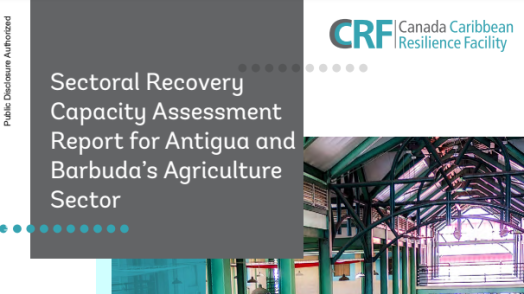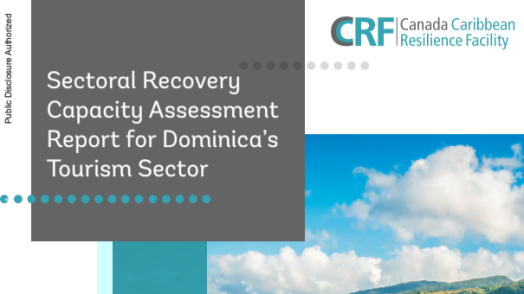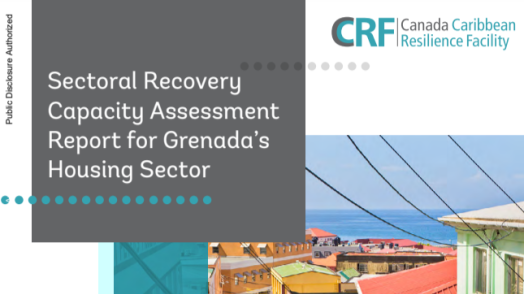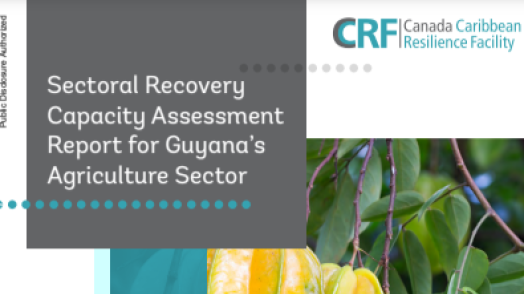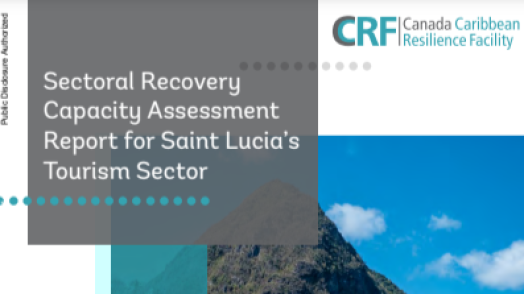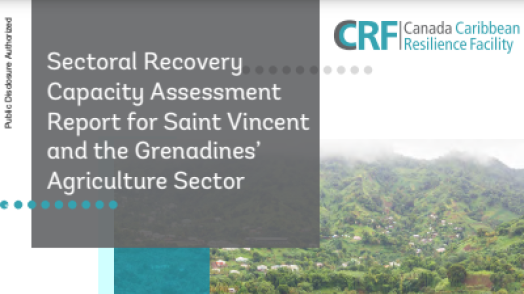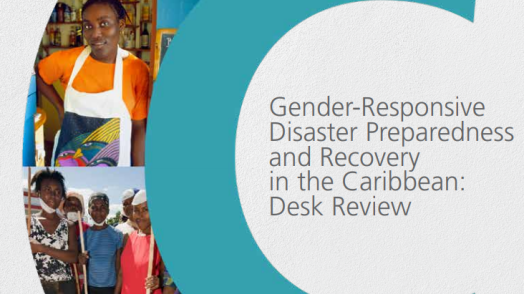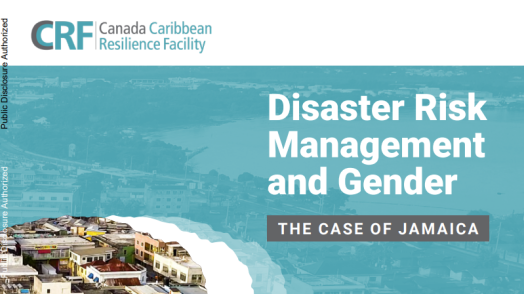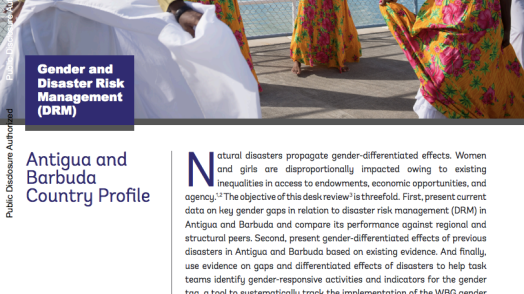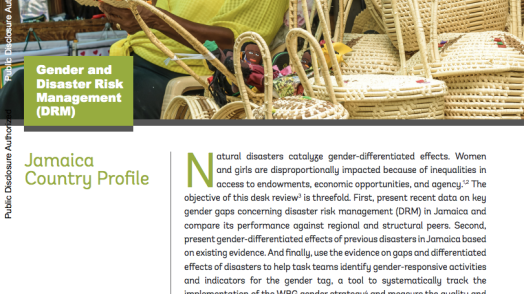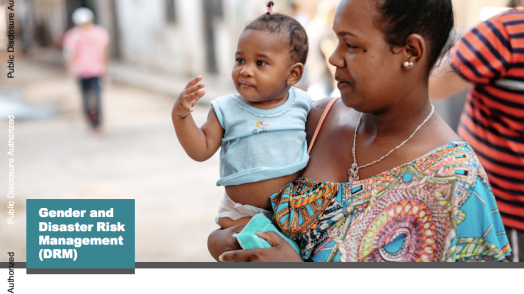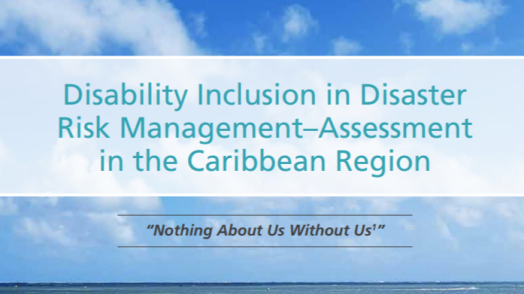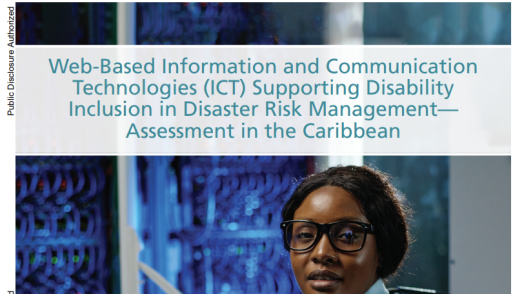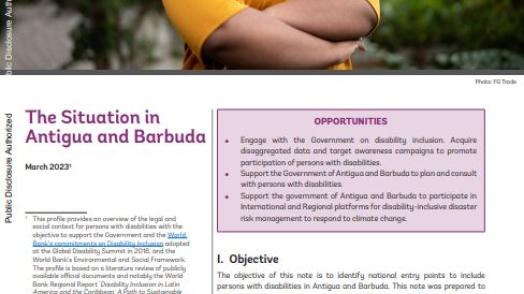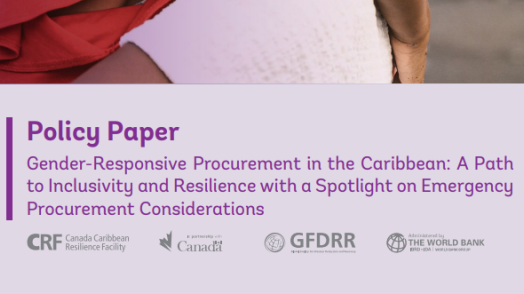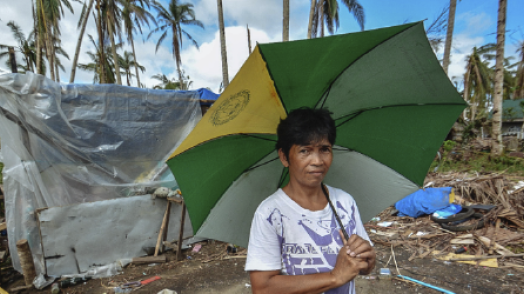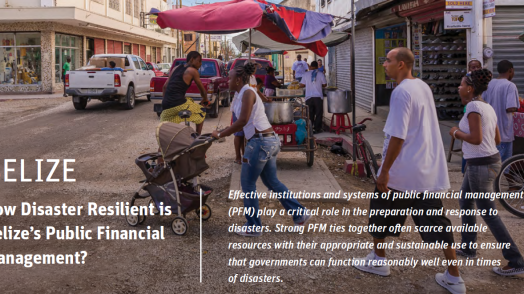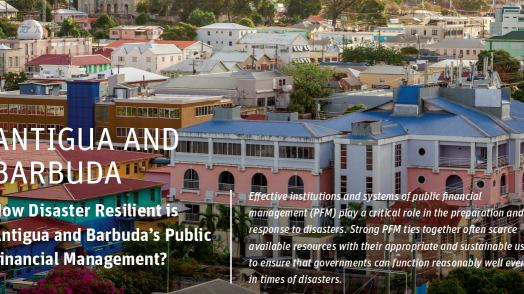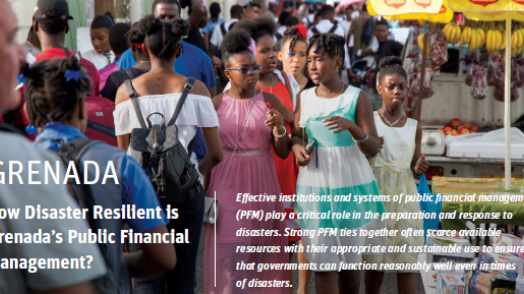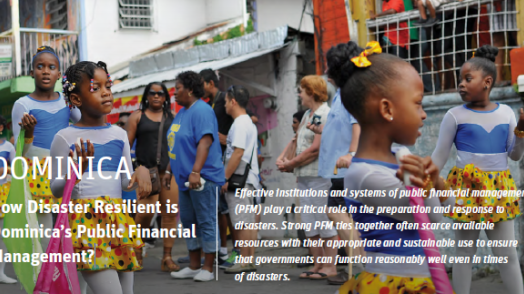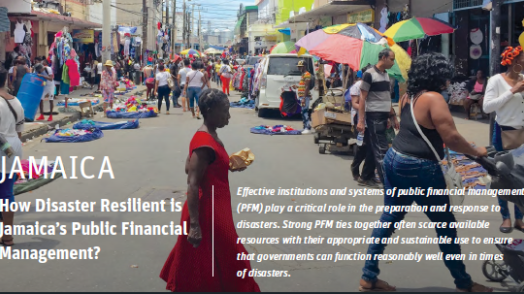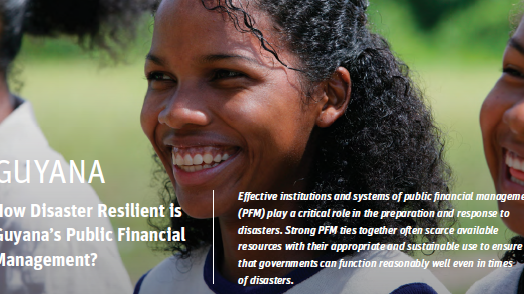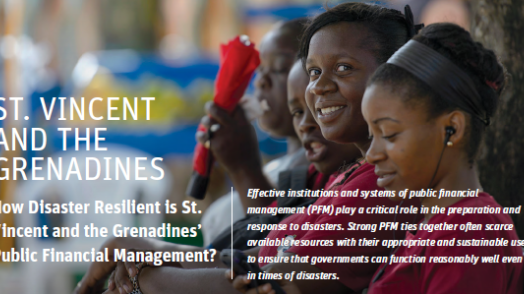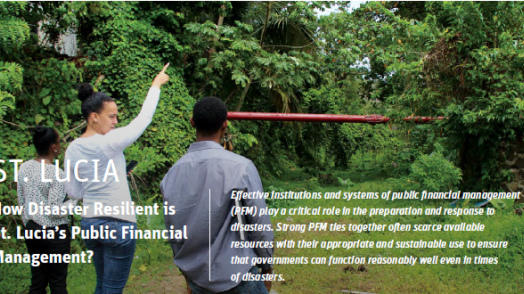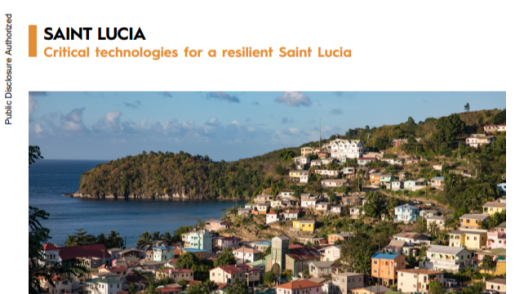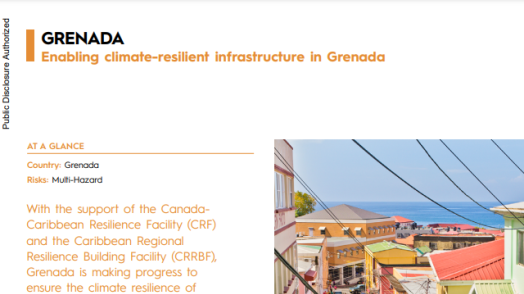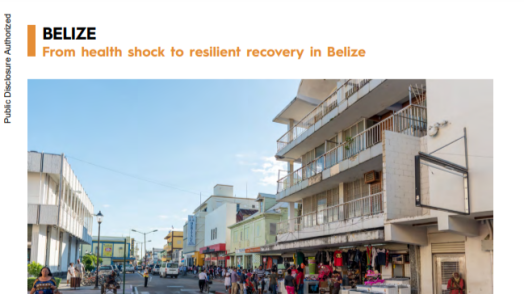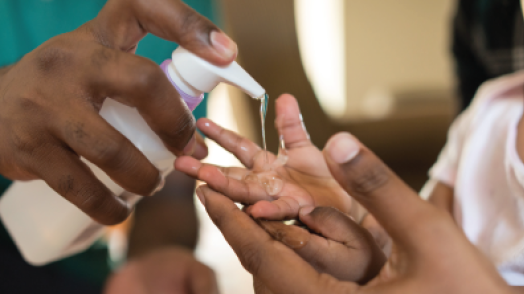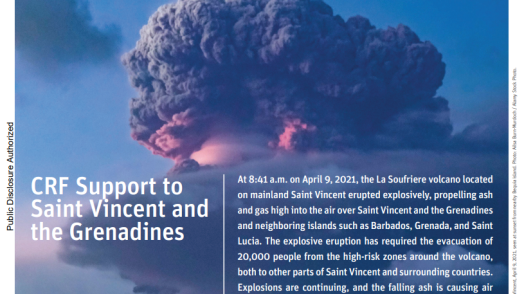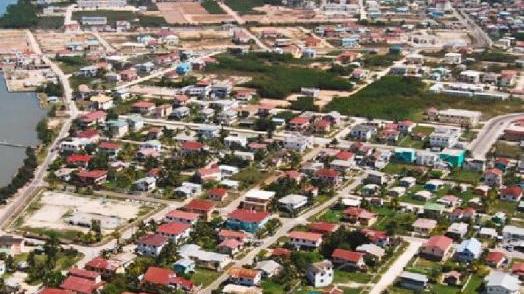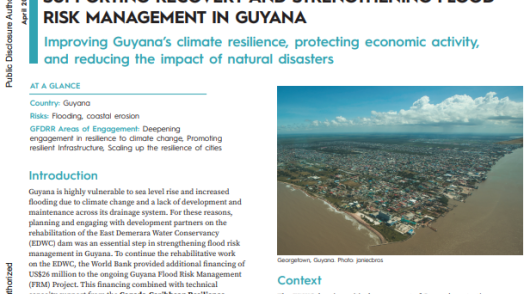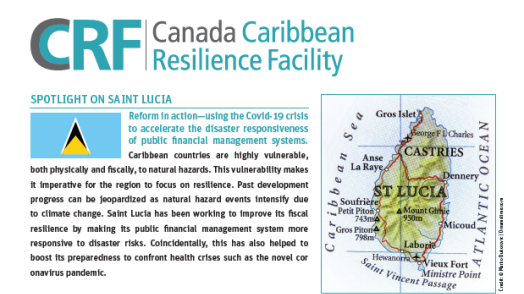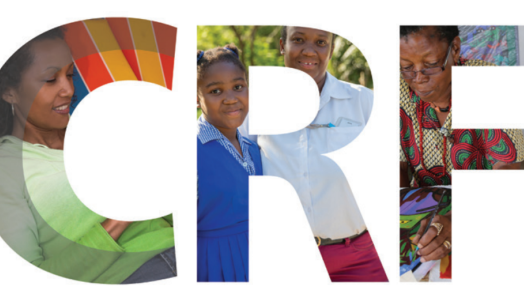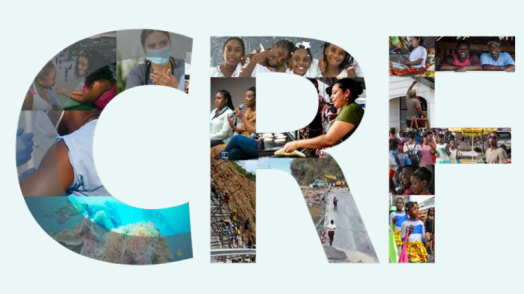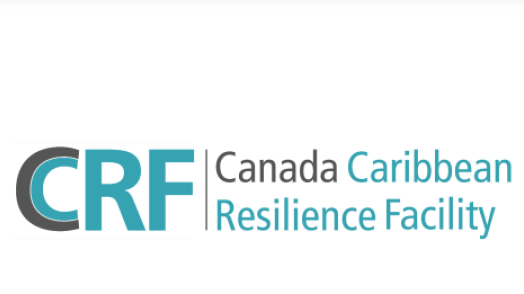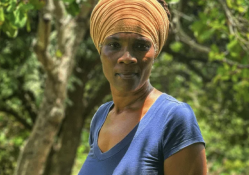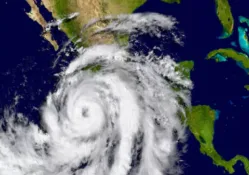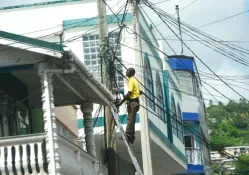The Canada-Caribbean Resilience Facility (CRF) works to achieve more effective and coordinated gender-informed climate-resilient preparedness, recovery, and public financial management (PFM) practices in nine Caribbean countries. The Facility supports countries by deploying technical experts in the region for close partnership, collaboration and just-in-time support to accelerate implementation of recovery projects and overall resilience-building efforts across the Caribbean. Building on the understanding that disasters can often reinforce, perpetuate, and increase gender inequalities, CRF embraces an innovative approach combining disaster risk management and PFM to strengthen key institutions for disaster resilience while also applying a gender lens.
The activities under the CRF are distributed across three components:
Component 1 Technical Assistance and Implementation Support for Recovery and Resilience Building Programs.
The objective of this component is to enhance and complement country capacities to (i) accelerate the design and implementation of gender-sensitive and disability-inclusive efficient recovery and resilient investments; and (ii) facilitate access to emergency finance in the aftermath of disasters. This component promotes technical assistance and capacity building activities for resilient recovery and reconstruction as well as for building overall resilience and accessing emergency funds. Implementation capacity is increased by transferring knowledge to government officials and addressing bottlenecks in recovery and resilient investments.
Component 2 Mainstreaming Climate Resilience and Gender into Public Financial Management Cycle.
The objective of this component is to strengthen the capacity of governments to distribute and manage resources effectively and efficiently in response to natural disasters and emergencies. Under this component, technical assistance and implementation support activities are provided to help the targeted governments put stronger public financial management, procurement and investment management systems, protocols, and guidelines in place to respond to natural disasters or emergencies. Activities also strengthen the capacity of governments to integrate required gender-responsive processes into their PFM practices and broader public sector management during natural disasters and emergencies, as well as in recovery and response efforts.
Component 3 Establishment of the Implementation Support Team (IST) and the Program Management and Administration of the Trust Fund.
The objective of this component is to support the administration of the facility and the management of the program. Activities also support the establishment of an IST, as well as promote peer-to-peer knowledge exchange and compile lessons learned, including other knowledge and learning products as needed.

Watch the Canada-Caribbean Resilience Facility videos playlist on YouTube
Knowledge Products
Latest Blogs
CRF Countries
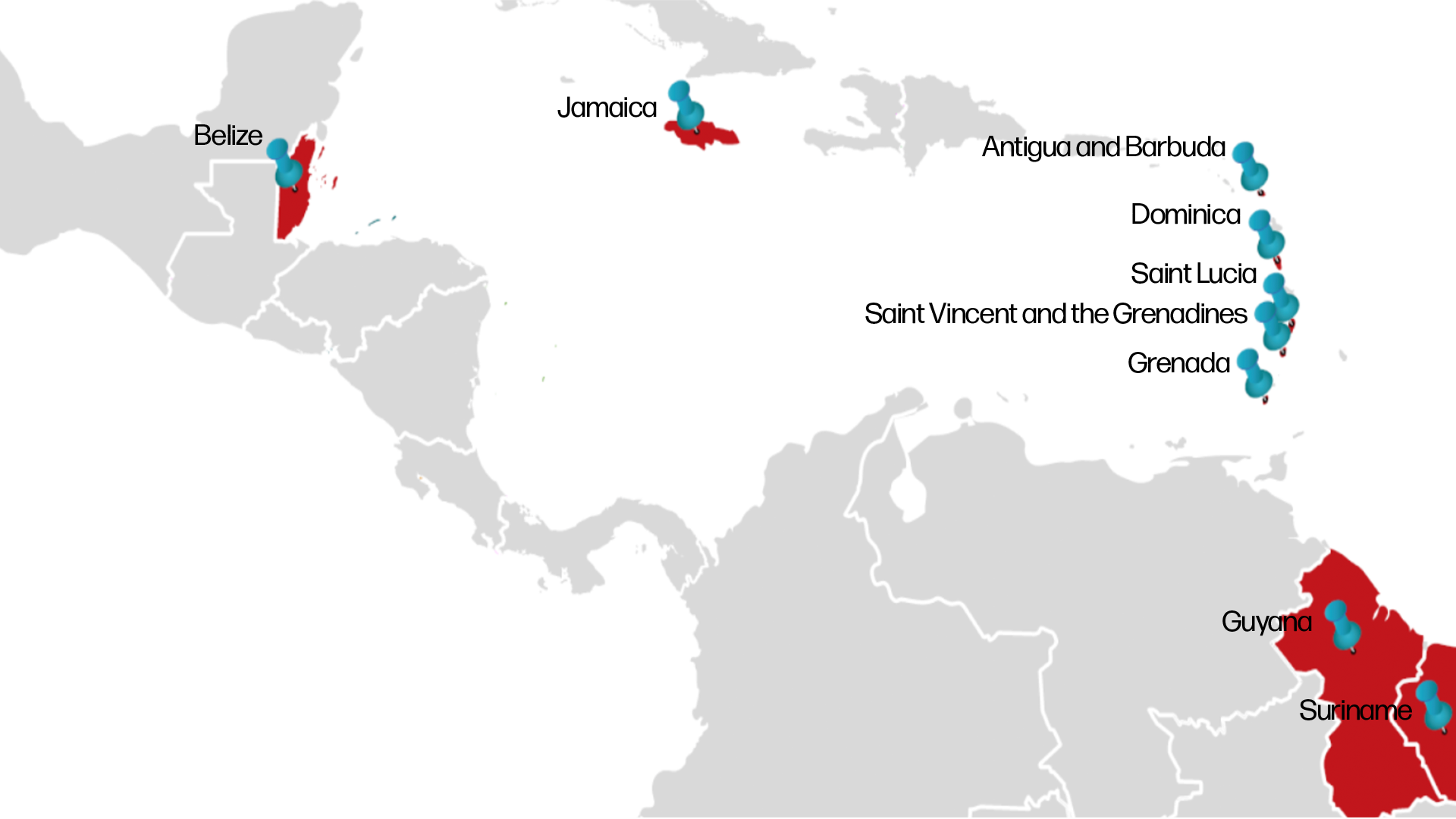
Eligible countries under the CRF include Antigua and Barbuda, Belize, Dominica, Grenada, Guyana, Jamaica, Saint Lucia, Saint Vincent and the Grenadines, and Suriname.


